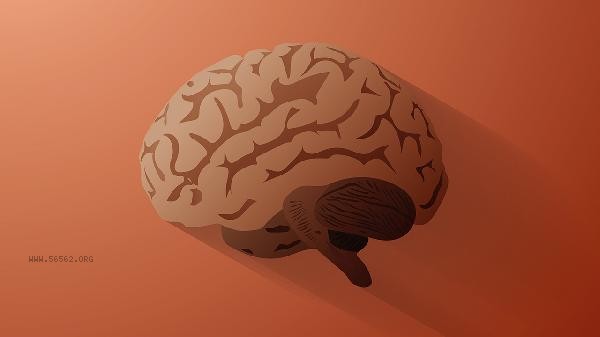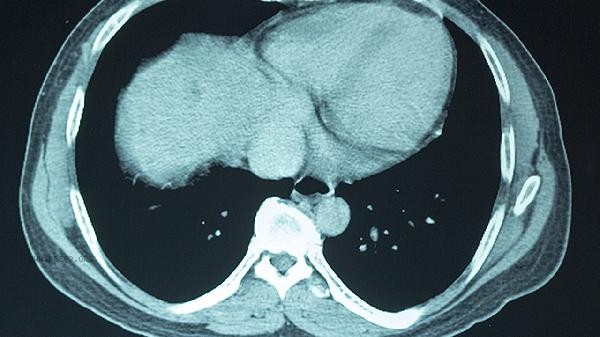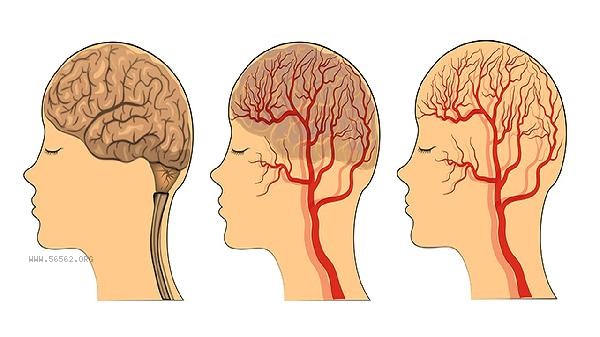The brain's tendency to forget things may be related to factors such as insufficient sleep, excessive stress, nutritional deficiencies, brain diseases, and aging. Short term memory decline can be improved by adjusting lifestyle habits, and in the long term, it is important to seek medical attention and investigate pathological factors in a timely manner.

1. Lack of sleep
Long term sleep time of less than 6 hours can significantly affect the function of the hippocampus, which is responsible for memory integration. The deep sleep stage is a critical period for memory consolidation, and insomnia or poor sleep quality can lead to short-term memory encoding disorders. It is recommended to maintain a regular sleep routine, avoid using electronic devices before bedtime, and consult a doctor if necessary to assess sleep problems.
2. Excessive stress
Chronic stress can continuously increase cortisol levels, which can damage neurons in the prefrontal cortex. When under work pressure or emotional anxiety, the brain prioritizes processing stress responses and suppresses memory storage function. Mindfulness meditation and moderate exercise can effectively reduce stress hormones and protect the health of brain cells.
III. Nutritional Deficiency
Insufficient nutrients such as vitamin B12 and omega-3 fatty acids can affect myelin formation and nerve conduction. Long term dieting or imbalanced diet may lead to insufficient energy supply to brain cells. Moderate increase in foods such as deep-sea fish, nuts, and green leafy vegetables can help maintain neurotransmitter synthesis.

Fourth, Brain Diseases
Early Alzheimer's disease often presents with recent memory loss accompanied by spatial orientation disorders. Specific types of memory impairment may occur after stroke, which are related to the location of the lesion. Systemic diseases such as hypothyroidism and depression can also cause pseudodementia symptoms, which need to be differentiated through head imaging and blood tests.
Fifth, Age Growth
The gray matter volume of the brain naturally shrinks after the age of 30, and the speed of memory retrieval gradually slows down. But semantic memory and procedural memory are relatively stable, and neural compensation mechanisms can be established through continuous learning of new skills. Aerobic exercise and social activities can stimulate the secretion of brain-derived neurotrophic factors and delay cognitive decline.

Daily memory training can be attempted, such as reciting poetry, learning new languages, and pairing with foods rich in antioxidants such as blueberries and dark chocolate. It is recommended to engage in moderate intensity exercise at least three times a week to avoid prolonged solitude. If there are warning symptoms such as forgetting the names of commonly used items, repeated questioning, or forgetfulness affecting daily life, it is advisable to seek medical attention from the neurology department as soon as possible. Regular monitoring of blood pressure and blood glucose levels, as well as controlling cardiovascular risk factors, is particularly important for preventing vascular cognitive impairment.








Comments (0)
Leave a Comment
No comments yet
Be the first to share your thoughts!